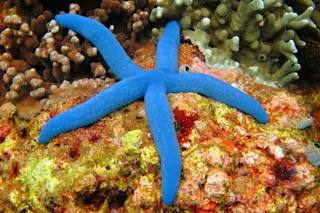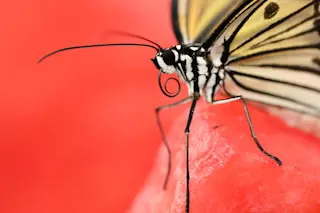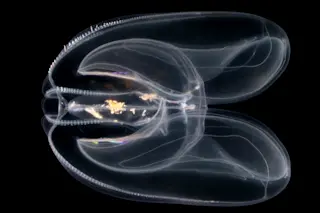Yesterday I blogged about a new study in which scientists reconstructed 450 million year old proteins in order to trace the evolution of some receptors for hormones. The paper itself does not comment on the implications these results have for intelligent design, which claims that some biological systems are too complex to have evolved. But in the accompanying commentary, Chris Adami does. (Adami is the brains behind Avida, an artificial life program that I wrote about in Discover in 2005.) He writes,
Although these authors have not directly addressed this controversy in the discussion of their work--because the work itself is intrinsically interesting to biologists--such studies solidly refute all parts of the intelligent design argument. Those "alternate" ideas, unlike the hypotheses investigated in these papers, remain thoroughly untested. Consequently, whatever debate remains must be characterized as purely political.
In a press release from the University of Oregon, Joe Thornton, the ...














